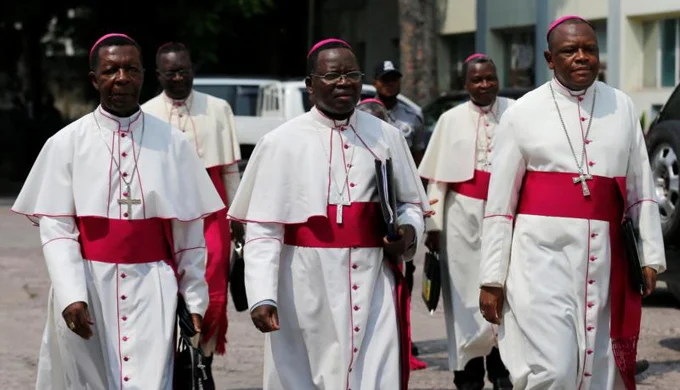The Catholic Bishops’ Conference of the Republic of Congo has voiced deep concerns over the country’s upcoming presidential election, warning that coronavirus restrictions and flaws in the electoral system could undermine its credibility.
The election, set for March 21, will see President Denis Sassou Nguesso seek another term in office, potentially extending his 36 total years in power.
Doubts Over Campaign Freedom Under COVID-19 Measures
In a statement read to the press by conference spokesman Victor Abagna Mossa, the bishops raised pointed questions about whether current public health restrictions are compatible with a genuinely free and competitive election campaign.
“How can we keep up all infection control measures and hold mass rallies necessary to a free election campaign?” the statement asked, highlighting the tension between pandemic safety measures and political participation.
One specific concern is the nationwide electoral law that requires ballot counting to be conducted publicly. The bishops questioned how this transparency requirement can be respected under the government’s 8 p.m. curfew, currently in effect in Brazzaville and Pointe-Noire — cities that together account for about half of the country’s population.
Transparency and Public Trust at Risk
The bishops stressed that their reservations go beyond logistical issues. They warned that under current conditions, it would be difficult to guarantee a “peaceful, participatory, transparent, free and trustworthy presidential election.”
They also pointed to a history of electoral disputes and violence, including the controversial 2015 constitutional referendum and the contested 2016 presidential vote, as reasons for heightened scrutiny.
The Church leaders expressed particular skepticism about the government’s new plan to allow police and army personnel to vote several days before the general public — a first for the Republic of Congo. They questioned how such a system would be implemented in a way that ensures fairness and avoids manipulation.
Electoral Roll Concerns
One of the bishops’ most pressing criticisms targeted the accuracy and reliability of the voter registry. They noted that some deceased individuals remain listed on the electoral roll and that electoral supervisory bodies have yet to demonstrate independence from political influence.
“The Congolese public have less and less faith in the existing electoral system,” the bishops said, warning that without significant reforms, voter confidence will continue to erode.
A Long-Serving Leader Facing a Divided Opposition
President Denis Sassou Nguesso, now 77, is running for his fourth consecutive term since returning to power in 1997.
He previously ruled from 1979 to 1992 before being ousted, only to regain control after the country’s civil war. His long tenure has made him one of Africa’s most enduring political figures.
While some opposition candidates have already declared their intentions to run, the largest opposition party, the Pan-African Union for Social Democracy (UPADS), has announced it will boycott the election. This has raised concerns that the absence of a united opposition could make the race less competitive.
Call for Reforms and Vigilance
The bishops’ statement serves as a call for greater transparency, fairness, and inclusivity in the electoral process. They are urging the government, electoral bodies, and the international community to take steps that will ensure a credible vote, even under the challenging circumstances created by the COVID-19 pandemic.
With just weeks until the election, the tension between maintaining public health measures and guaranteeing political freedoms remains unresolved. How these challenges are addressed in the coming days will likely determine the legitimacy of the March 21 vote in the eyes of both Congolese citizens and the international community.






